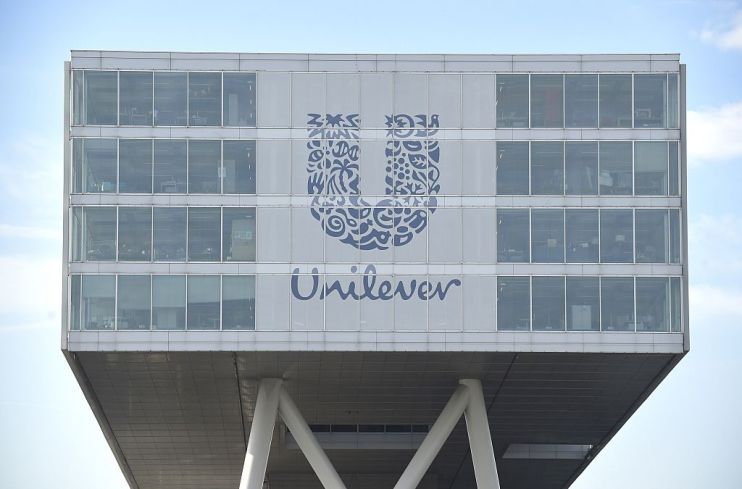Unilever to ensure suppliers pay living wage by 2030 in new social change drive

Unilever this morning set out plans to ensure all workers in its supply chain are paid a living wage by 2030 as part of a new wide-ranging social mobility agenda spurred on by the pandemic and the Black Lives Matter movement.
The consumer goods giant said its ambition is “to improve living standards for low-paid workers worldwide” by ensuring all Tier 1 suppliers – those that directly provide goods and services to the company – earn a living wage or income by the end of the decade.
The conglomerate will work with suppliers, other businesses, governments and non-government organisations to achieve the goal, and will update on its progress in its financial results.
Unilever chief executive Alan Jope said: “The two biggest threats that the world currently faces are climate change and social inequality.
“The past year has undoubtedly widened the social divide, and decisive and collective action is needed to build a society that helps to improve livelihoods, embraces diversity, nurtures talent, and offers opportunities for everyone.”
The firm also announced plans to spend €2bn a year with suppliers owned and managed by people from underrepresented groups by 2025.
The suppliers will be small and medium-sized businesses owned and managed by women, underrepresented racial and ethnic groups, people with disabilities and LGBTQI+ people.
Businesses will also be supported by a development programme, providing access to skills, financing and networking opportunities.
The conglomerate unveiled plans to help prepare its employees for “the future of work”, by upskilling its workforce in the next five years and offering flexible employment models by 2030.
“We believe the actions we are committing to will make Unilever a better, stronger business; ready for the huge societal changes we are experiencing today – changes that will only accelerate,” Jope said. “Without a healthy society, there cannot be a healthy business.”